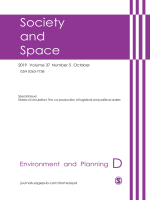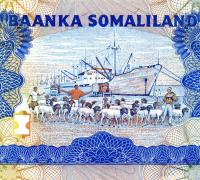The politics of trade corridors
Historically, trade routes have had huge impacts on the formation of states, but today as well, logistics and circulation of commodities can play decisive roles in the development of political communities. In their new article, "Politics of circulation: The makings of the Berbera corridor in Somali East Africa" Finn Stepputat and Tobias Hagmann (RUC) focus on how Somaliland’s emergence as a de facto state is intimately entwined with the trade along the corridor that connects Ethiopia and Berbera port. They analyze three projects of making goods circulate and of capturing revenue from circulation along the corridor – the peace-process in Somaliland which was contingent upon the recuperation of livestock export that ensured revenue for a state in the 1990s; Ethiopia’s unsuccessful attempts to discipline and capture cross-border trade in the 2000s; and the 2010’s project to upgrade the port and corridor to create a modern gateway to Ethiopia and ensure Somaliland’s survival and maybe even recognition. The article shows how different rationalities and interests come together in projects of circulation, how they seek to balance security and circulation, and how anticipation of the future is involved.
The article forms part of the special issue States of circulation. The co-production of logistical and political orders
DIIS Experts



